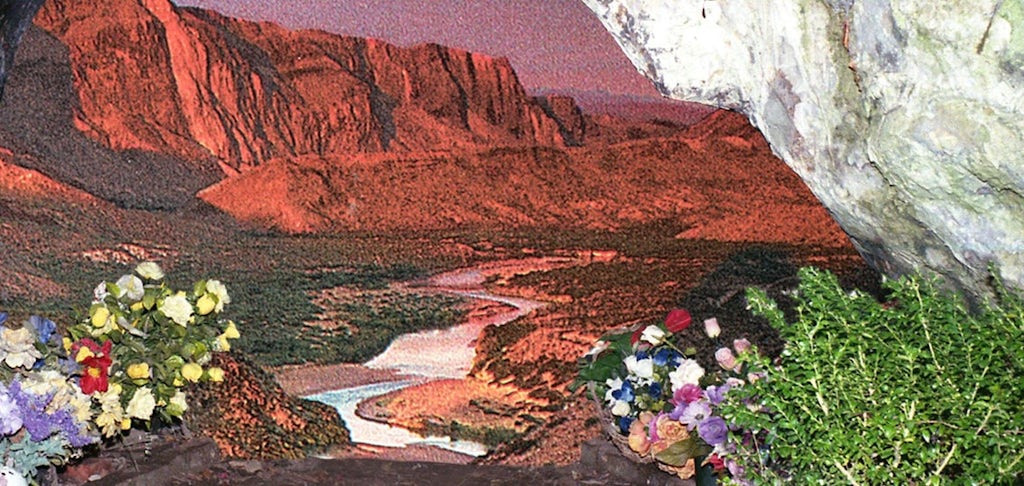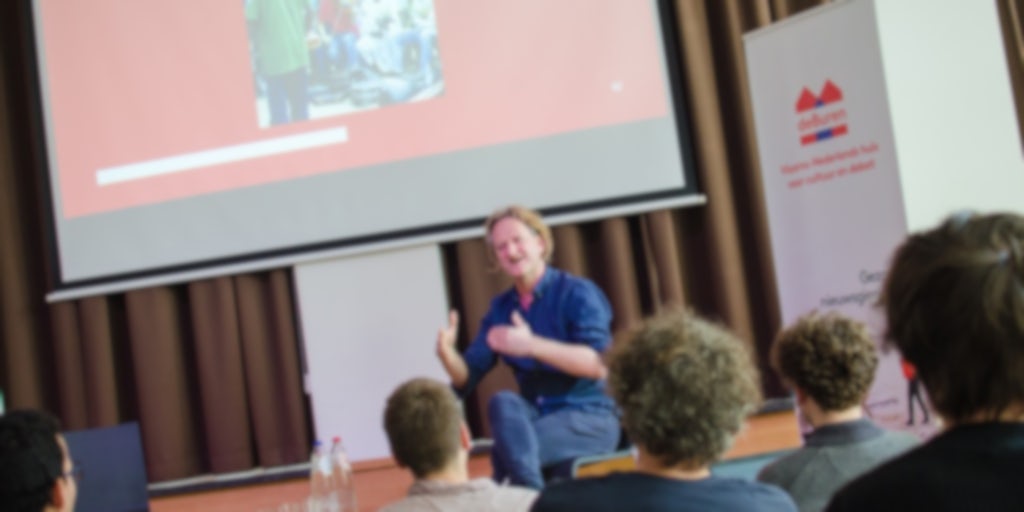Personal statement on the international #9: Musical and Human Dialogue

To complement the research and reflection done in this trajectory we hosted inspiration sessions to discuss the alternative and sustainable ways of working internationally in the arts. Music professionals Wim Wabbes and Wouter Vandenabeele presented their cases and shared their experiences. To conclude, we asked them to write down a personal statement.
Dit artikel is enkel beschikbaar in het Engels.
Playing the violin is interwoven with my life. Through music, I connect with people with whom I would otherwise never come into contact.
A poignant example of this was a jam session in a tent camp not far from Johannesburg, where 20,000 refugees were living. My local guide had warned me in passing to be sure to stay close to him, or I would otherwise undoubtedly get myself shot. But as soon as my violin and I engaged in a dialogue with local musicians on a street corner, I was suddenly embraced as if I had always been one of them.
I also recall a trip to Senegal with a musician friend. During a spontaneous jam session, he tried in vain to write down and decipher all the parts being played by the local musicians, in order to learn them. I quickly understood that that approach did not appeal to me. I realized that I simply had to learn as I went, the same way those musicians had learned as youngsters. If you play with local musicians, or you give a workshop, then you are really connecting with those people.
There was an evening on one of my other trips, in an after-dinner political discussion, when I started talking with a number of Palestinians. Those are the moments when you learn something, not just as a musician, but also as a person.
How can you avoid everything just becoming some form of exoticism? You make sure that you understand the music, without copying the musicians. Also, have the courage to take your time. A friend who lived in Norway for year had been afraid of losing her rhythm, that she would be ‘out of touch’ with the music scene. Her life there was indeed considerably less hectic. But that ensured that she was ‘free’, both in her music and in her everyday life. She had fewer obligations. And in retrospect, she wrote some of her best work there.
This does not mean that you have to wait until something like that happens to you. Sometimes you just have to pick up your instrument and go out into the world. That can mean travelling in an unfamiliar culture, but it can also just mean that you, as a pop rock artist, after a performance in some German music club, just take your acoustic guitar and go play an unplugged concert at the bar next door.



